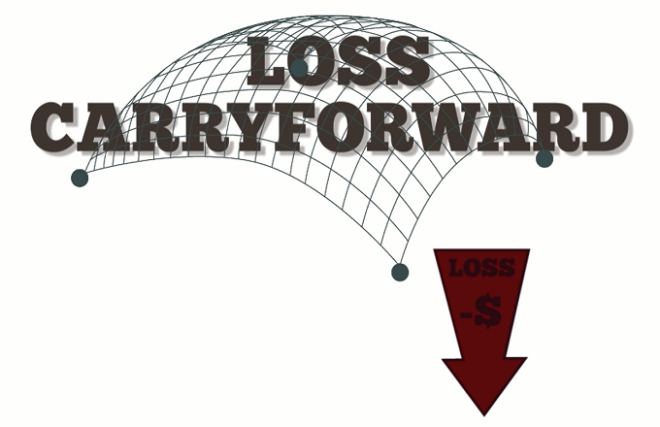
 Carry Forward Losses
Carry Forward Losses
In many jurisdictions, including the United States, businesses are often allowed to carry forward losses to offset their taxable income in future tax years. This provision is designed to provide relief to businesses that may be facing temporary financial difficulties.
If you’re running a showroom business and want to carry forward losses for future tax years, here are the general steps you might need to follow:
1. Understand Tax Laws:
First and foremost, it’s crucial to understand the tax laws and regulations in your jurisdiction regarding the carryforward of business losses. Tax laws can vary significantly from country to country and even within regions.
2. Document Losses:
Keep thorough and accurate records of your business’s financial losses. This documentation will be essential when filing your tax returns and applying for loss carryforwards.
3. File Tax Returns:
Make sure to file your annual tax returns on time, even if you’re reporting losses. This will establish a clear record of your business’s financial performance.
4. Check Eligibility:
Review the eligibility criteria for carrying forward losses. Typically, businesses need to meet certain requirements to qualify for loss carryforwards. This might include demonstrating that the losses incurred in the normal course of business and were not the result of tax avoidance schemes.
5. Complete the Necessary Forms:
Depending on your jurisdiction, you may need to complete specific tax forms to indicate your intention to carry forward losses. These forms might require you to provide details about the losses incurred and the relevant tax year.
6. Declare Loss Carryforwards:
On your subsequent tax returns for profitable years, you’ll need to indicate that you’re applying the carried-forward losses to offset taxable income. This will likely involve filling out the appropriate sections of your tax return forms and providing details about the losses being carried forward.
7. Comply with Documentation Requirements:
Be prepared to provide supporting documentation and evidence of the losses being carried forward. This could include financial statements, business records, and any correspondence with tax authorities.
8. Consult Professionals:
Tax laws can be complex, and it’s advisable to consult with a tax professional or accountant who specializes in business taxation. They can guide you through the process and ensure that you’re complying with all relevant regulations.
Remember that each jurisdiction may have its own specific procedures and requirements, so it’s essential to consult the tax authority or a professional with knowledge of the local regulations. Additionally, tax laws can change over time, so staying up-to-date with the latest regulations is important for accurate compliance.
To visit: https://www.incometax.gov.in

For further details access our website: https://vibrantfinserv.com